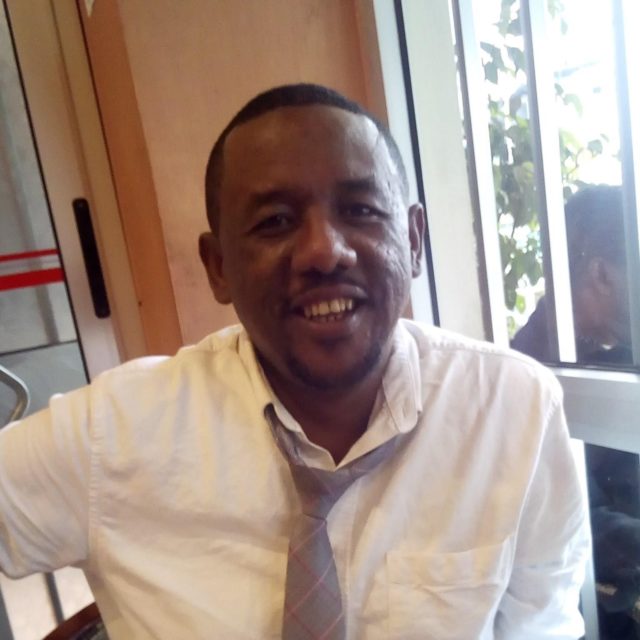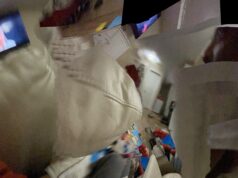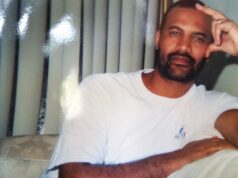Even if the constitution envisages general-election every five years, it is possible for an election to take place well before five years since the last election. Three months after a general election, another election could take place. How?
1. By the prime minister dissolving the parliament. In such cases, election has to take place within six months and the government will only be a care taker government. Why would the prime minister dissolves the parliament? Usually this is expected if the party has a very slight majority and considering the current public opinion it is convinced that it would improve its majority.
2. If the party in power loses its majority or if the coalition collapses and another coalition could not be formed. In such cases, election has to take place within six months and the government will only be a care taker government.
In the normal course of things, if general-election was not undertaken and if the five years terms of the HPR expired, what would happen?
* In my view the HPR will dissolve forthwith and the incumbent government would continue as a caretaker government for a maximum of six months with a view to undertaking general election.
* This reasoning is consistent with the spirit of the explicit provisions governing early election and loss of majority
To give the government more time and more power and to maintain the HPR would be rewarding bad behavior.
If a state of emergency is declared and if as a result the government gave itself new powers and restricted constitutional rights, how can the legality of the new powers and the restrictions be reviewed?
1. A party could challenge the constitutionality of the new powers and the restrictions. In such cases the government ought to submit its argument and evidence to demonstrate that the new powers and the restrictions are ‘necessary’. And the challenging party will also submit its argument and evidence to demonstrate that the restrictions were not necessary. The HOF will make the final determination regarding the necessity of the new powers and the restrictions.
2. Assume that the HOF determined that the new powers and the restrictions were necessary and the state of emergency went on. Six months since its declaration, if the state of emergency is not renewed it will expire. It can however be renewed for four months. Assume that the government renewed it for four months. Now the previously party which challenged the new powers and restrictions again lodges a complaint that maintenance of those powers and restrictions was not necessary. In such cases, the government and the challenging party will again submit their argument and evidence, the HOF will have to make its final determination. The previous determination applies only to the six months. Now for the four months it will have to make another determination.
If the state of emergency is renewed for four months for the second, third, fourth….time again citizens are allowed to challenge the new powers and the restrictions for the third, fourth, fifth time.
The government can only decide to give itself new powers and new restrictions of rights during the state of emergency. It does not have power to extend election. It is up to the electoral board to decide whether it could undertake a fair and democratic elections in a state of emergency (with certain rights restricted).
Assume that the electoral board decided that it does not have the capacity to undertake fair and democratic election during the state of emergency citing the restrictions on rights imposed by the government. In such cases, what remedies and courses are available to citizens and groups who do not agree with the determination of the electoral board.
1. They could challenge that actions necessary for free and democratic elections do not constitute violation of the conditions of the state of emergency. In such cases, they could appeal to a court of law.
2. They could challenge that the actions which the board deemed are necessary for free and democratic elections (and which could not be undertaken because of the state of emergency) are not actually necessary factual conditions for free and democratic elections. In such cases, the ruling of the board cannot be reviewed by the court because they constitute factual determination.
3. If on the other hand, those actions were considered violations of the state of emergency and if the board decided that those actions are legal requirements and hence could not undertake the elections, in such cases whether those actions were legal requirements could be challenged by the court of law.
In light of the above, it is my view that the constitutional interpretation provided by the HOF violates many provisions of the constitution including the independence of the judiciary and hence I find it seriously defective. This is in addition to procedural and jurisdictional flaws that i showed in earlier posts.
This is enough for a Sunday. May be, next time, I will come back with the following title: “The Art of Waterboarding (or Torturing)the Constitution”.

























